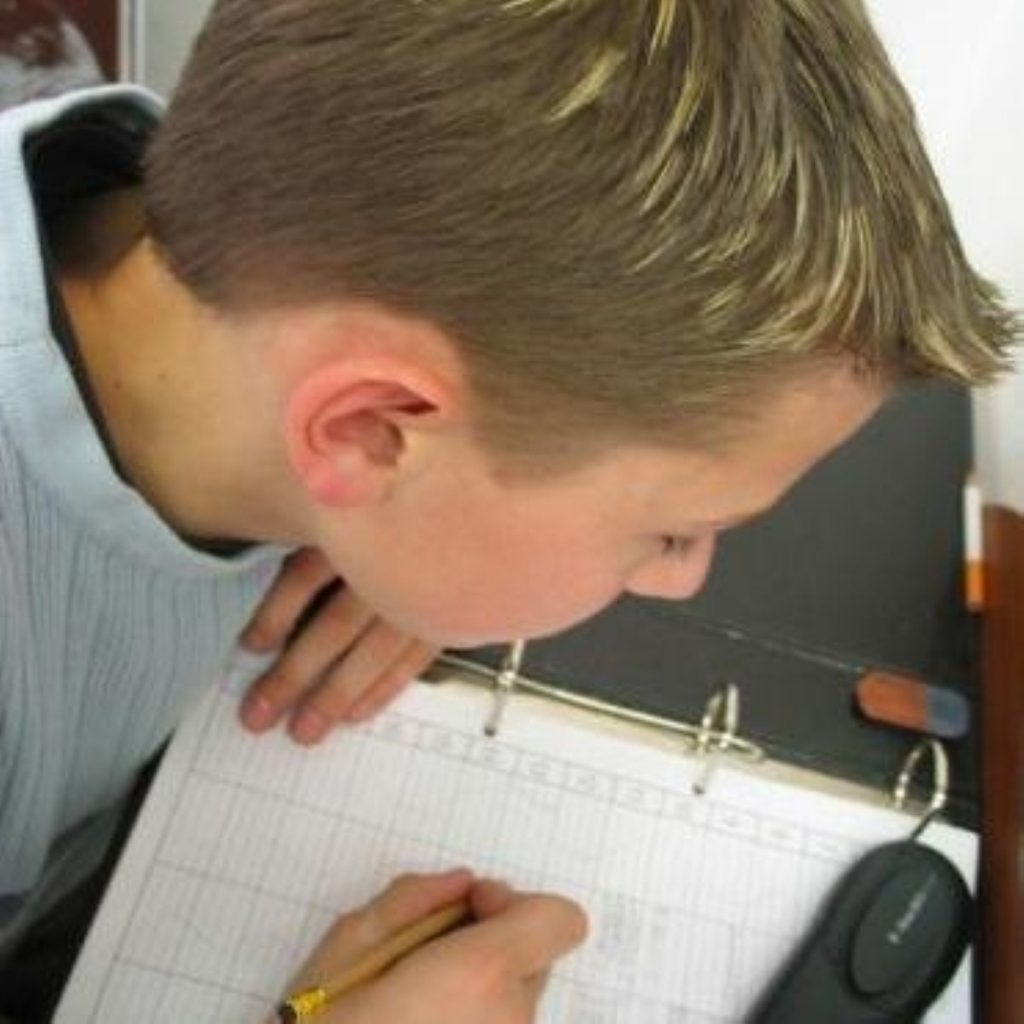NAHT calls for suspension of league tables
The National Association of Head Teachers (NAHT) has this Tuesday called for the new value added primary school league tables to be suspended.
The call comes after a NAHT commissioned report cast serious doubts on the methodology used to calculate the value added scores.
The Government introduced the value added tables for primary schools last year in an attempt to better reflect the progress schools made with pupils.
However Tuesday’s report casts doubt on the statistical methods used and concludes that, until problems are rectified, “publishing of value-added indicators in their current form is misleading and should be discontinued.”


The NAHT, along with the majority of other teaching unions, has long campaigned for the abandonment of performance tables.
David Hart, the general secretary of the NAHT, said: “performance tables for 11-year olds are fatally flawed.
“From the outset, the NAHT has remained opposed to the publication of performance tables on the grounds that they are unfair, are misleading and have a strongly negative effect on assessment and on the breadth and balance of the curriculum.”
Mr Hart concluded: “Whilst we accept that a value added system is likely to be less unfair, we remain very concerned at the way it is being calculated by the Department for inclusion in the performance tables.”
NAHT’s report, compiled by the University of Durham, identified a number of specific areas of concern.
Doubt was cast as to whether the base line data taken at age seven is accurate. Its comparability to other schools was questioned, as the data is collected internally.
It was also suggested that the small size of many primary schools means that changes in class numbers from year to year (for example 11 to 20 pupils) can lead to, “wild fluctuations in the score from year to year, even with consistent teaching.”
The high turnover over of pupils in some schools was of concern as this means the statistics can be based on an analysis of only a small number of stable pupils, and ignore the work done with transient and often more challenging children.
One of the most serious concerns reported though is that the Government’s methodology discriminates against high achieving pupils.
A pupil arriving with a high ability level, even if they achieved the maximum standard for their age group on leaving, would not rank well in the value added scores, according to Tuesday’s report.
Echoing recent criticism from the Commons Public Accounts Committee, the report also said that the tables currently take little account of external factors such as affluence or deprivation of its intake.
Phil Willis, the Liberal Democrats education spokesman backed calls for the suspension of the league tables.
Mr Willis said: “Artificial attempts to grade schools are doomed to failure. Parents and young people need real choice based on learning opportunities and not on league tables.”
The Government though is unlikely to accede to the demands, as they believe league tables are essential to provide parents with information about local schools.












